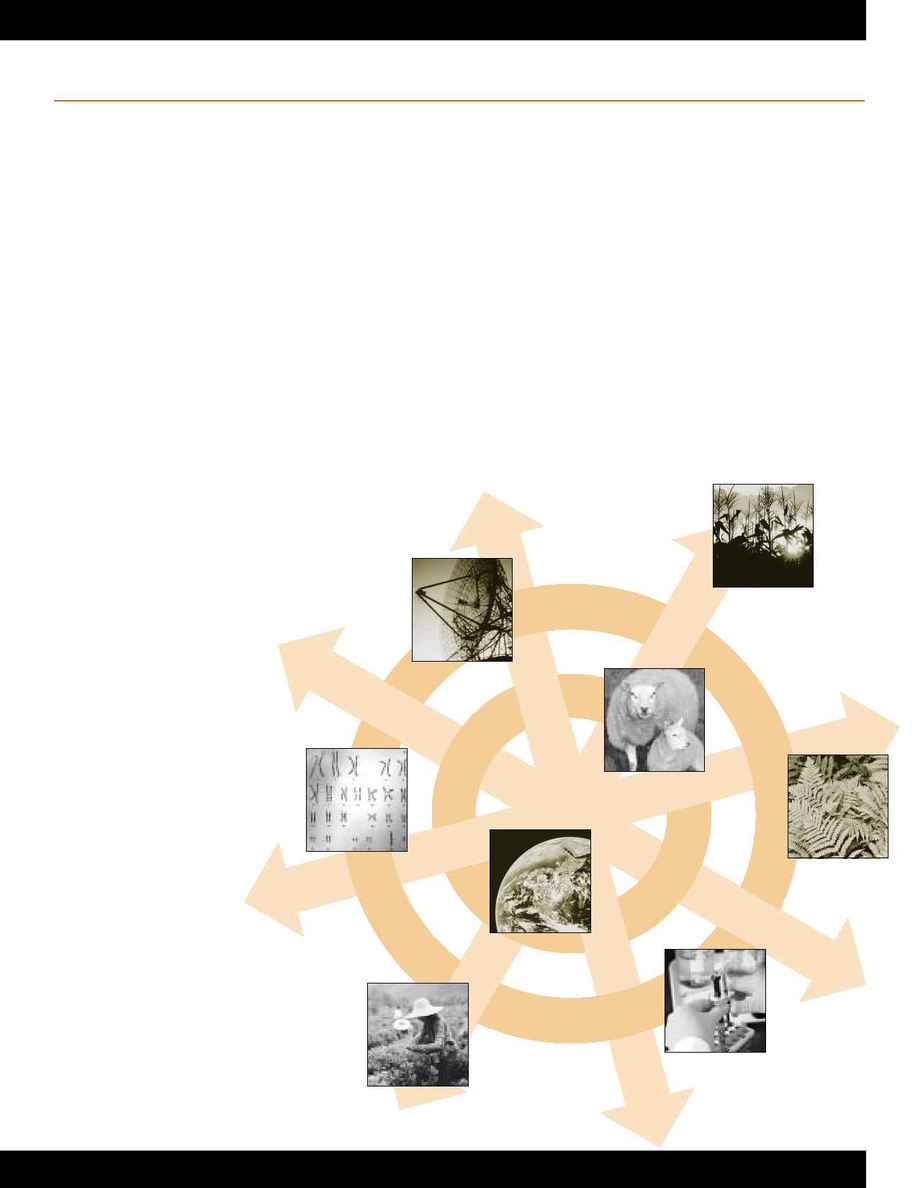
When BIOSIS started, people didn't have comprehensive access
to lots of international journals that were largely localized in
distribution. We have a similar situation now in the biodiversity
research community, but instead of journal articles, the
grist for many innovative kinds of environmental science is
datasets, particularly for cross-disciplinary integration. What
BIOSIS has done for abstracts and indices is completely
parallel to what people are trying to do now for datasets.
Is BIOSIS well equipped to handle these new types of
information and its dispersal?
That's a good question, and it's largely unanswered right
now, I think, because BIOSIS' strategy is still evolving. On a
conceptual level, it's very well positioned to deal with indexing
and abstracting other kinds of intellectual products like
research community databases. [Conceptually], the abstractions
used for describing and indexing bibliographic data can be
productively applied to the description of things like
research databases.
But the bar is being raised by the promise and
increasing reality of more sophisticated
computational approaches for integrating
and linking information at a semantic
level, beyond traditional bibliographic
metadata. The Internet, and its
evolving integration technologies
like XML, Simple Object
Access Protocol, and UDDI,
hold the tantalizing
promise of automated
integration across
research communities.
What needs to happen
before this takes place?
We are going to need more
input on standardization
from the research
community. Author, Title,
Date, Journal, and Year are
fine metadata for [bibliographic]
objects, but research datasets
have much deeper, richer and
complex semantics.
We currently do not have international
agreements in place for environmental science
datasets that will allow this kind of semantic
indexing. It's a kind of a chicken-and-the-egg problem. Until
we can start producing useful research services to integrate
and access datasets, the demand and momentum for standards
won't be very strong. But we can't really do that until we have
some standardization in place.
What would you say BIOSIS' greatest strength is?
There are two things. One, is our expertise in abstracting and
indexing a conceptual level strength that can be applied to
other kinds of information objects. There couldn't be a more
pressing need for that now, especially at the level of Internet
data objects, where people are flooded with information and
results. When we get a little more stability and structure in
the informatics communities, [BIOSIS' ability to index and
abstract] will be very useful to extend and evolve to other
kinds of data objects, like datasets.
2
www.biosis.org
Vol. 9 Issue 3 2002
BIOSIS Evolutions
Delighting in diversity: New Chairman of the Board Points to New Direction in Publishing, Life Sciences
Continued from page 1
